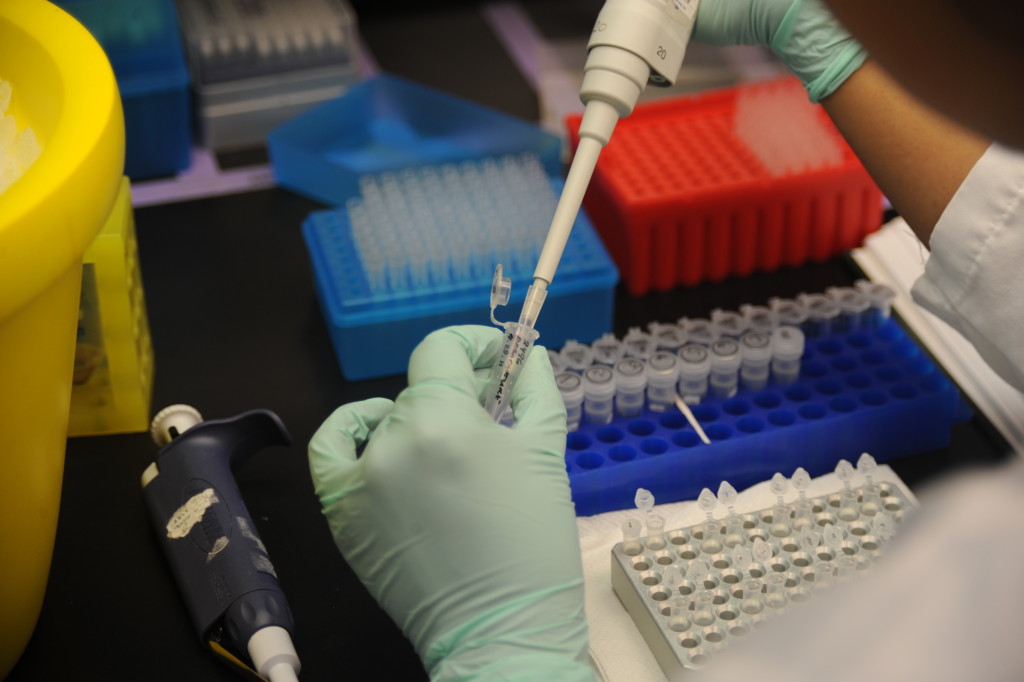Why are the results of commercial sequencing companies detecting cancer significantly different?
Researchers led by Tony Blau of the University of Washington analyzed the results of Foundation Medicine's FoundationOne test and Guardant Health's Guardant360 test on patients with tumors containing genetic variants or treatments that should be taken. The results are not always consistent. The preliminary findings were published in JAMA Oncology.
Blau and colleagues found that only 22% of the tests in the two companies had the same variation. While a company's tests may reveal broader variation, the researchers say the reason for this difference is due to tumor heterogeneity and how the company determines the difference in reported variation.

The authors write, "Our results suggest that the results of genetic testing may vary significantly depending on which assay is applied."
Only 22% of the cancer genetic test results on the two platforms have the same variation
Although both the FoundationOne and Guardant360 tests sequence clinical cancer samples, the detection methods vary. FoundationOne sequenced exons of 315 cancer-associated genes in tissue samples and 28 introns associated with rearrangement-related genes. Guardant360, on the other hand, sequenced about 70 genes in circulating free DNA found in blood samples. Both assays are more than 99% specific, but with a slightly lower sensitivity.
Blau et al. recruited nine patients who had received both tests. Five of them had breast cancer, and others had pancreatic cancer, thymic cancer, lung cancer, and salivary gland cancer.
Neither of these tests detected any genetic variation in patients with thymic cancer. A total of 45 mutations were detected in eight other patients, but only 10 of them, 22%, were detected at the same time. There was no overlap between the mutations found by two of the eight patients.
These two tests also recommend drugs to patients based on the test results. Overall, 36 tests were recommended for these two tests, and only 9 of the drugs recommended for the same patient were identical, with no overlap in the recommended drugs for the 5 patients. However, when only two patients who reported the same mutation results were analyzed, the agreement between the recommended drugs increased to 62%.
nucleic acid extractor specifically adsorbs nucleic acid molecules in samples through magnetic beads, and then adsorbs transfers magnetic beads through the movement of magnetic rods in different holes, so as to achieve the purpose of purifying nucleic acid molecules. Former 1B48 nucleic acid extractor instrument can automatically extract nucleic acid from whole blood, bacteria, plasmid, virus, serum free and plant samples, widely used in scientific research, CDC, food safety, clinic testing, forensic medicine, and other fields.
Nucleic Acid Extrator,Dna Nucleic Acid Extrator,Nucleic Acid Extrator For Lab,Automated Nucleic Acid Extrator
Nanjing Superyears Gene Technology Co., Ltd. , https://www.superyearsglobal.com